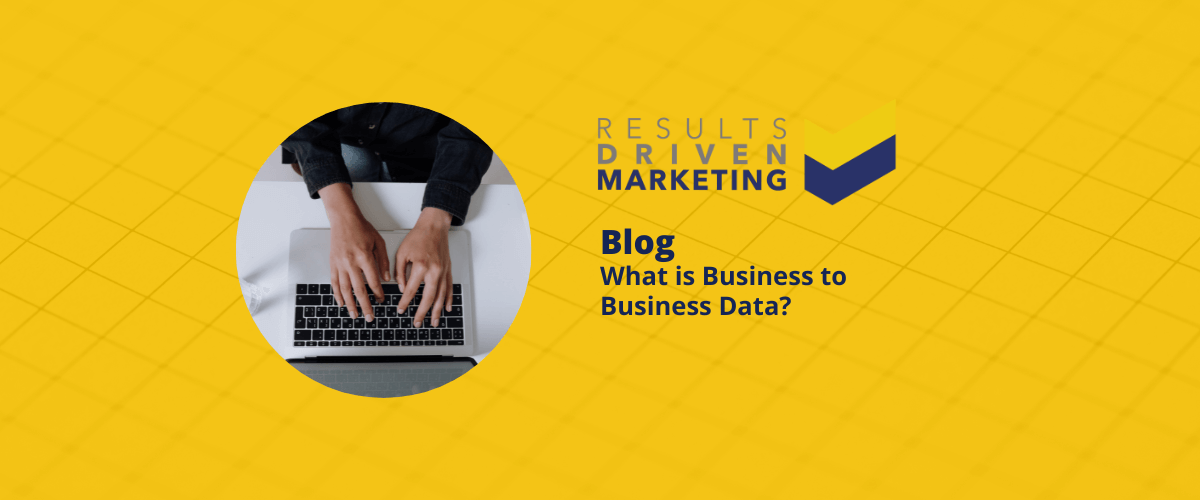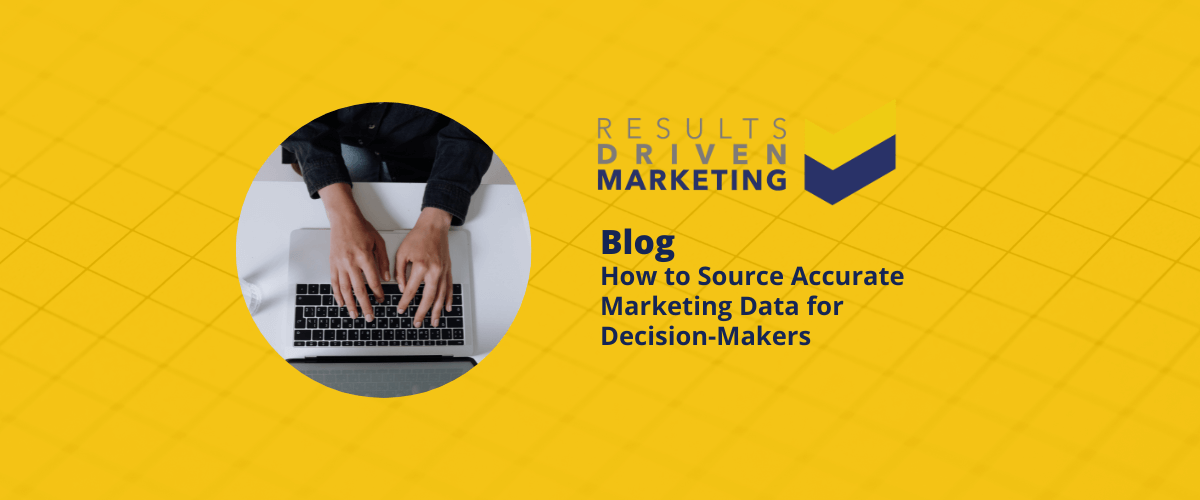
What is Business to Business Data?
Business to business data is an integral part of modern B2B marketing and operations.
In this article, we’ll explore the nuances of business-to-business data, its significance in the B2B landscape, and how it can be effectively utilised for strategic decision-making.
We will delve into the types of business data most valuable to B2B relationships, methods for collecting and analysing this b2b data, and the impact it can have on business data growth and customer relationships.
Whether for marketing, sales, or strategic planning, understanding and leveraging business-to-business data is key to success in the corporate world.
Table of contents:
What is Business to Business Data?
At its core, business to business data refers to the information that businesses share with and receive from other businesses. This can encompass a wide range of details, from company financials to product specifications, client lists, and more. But why is this business data so crucial?
- Industry Insights: Business data provides a window into industry trends, allowing businesses to stay ahead of the curve.
- Strategic Decision Making: Armed with the right business data, companies can make informed decisions that drive growth and profitability.
- Enhanced Customer Understanding: By analysing business data, businesses can gain a deeper understanding of their clients’ needs, preferences, and pain points.
In essence, business data acts as a compass, guiding businesses through the complex maze of the corporate world, ensuring they remain on the path to success.

How to Use Business to b2b Data
Harnessing the power of b2b data is not just about having access to it; it’s about using it effectively. So, how can businesses make the most of this goldmine of information?
- Data Analysis: Dive deep into the data to uncover patterns, trends, and insights. Tools like data analytics software can be invaluable here.
- Integration: Seamlessly integrate business data with other business processes. Whether it’s marketing, sales, or customer service, ensure that data flows smoothly across departments.
- Strategic Implementation: Use the insights gleaned from b2b data to shape strategies, refine approaches, and drive innovation.
Moreover, with the right tools and platforms, businesses can not only access a wealth of b2b data but also ensure its accuracy, relevance, and timeliness. After all, in the world of business, data isn’t just power; it’s the key to sustained success.
Benefits and Challenges of Business to Business Data
In the bustling world of business, data has emerged as a game-changer. But when we talk about data, it’s essential to understand the unique dynamics of business data.
So, let’s dive into the world of what is business to business data and explore its many benefits and the challenges that come with it.
The Benefits of Business Data
Business data, when harnessed correctly, can be a treasure trove of insights and opportunities. Here’s a glimpse into the myriad advantages it offers:
- Informed Decision Making: Business data provides businesses with a wealth of information, enabling them to make decisions that are not just informed but also strategic.
- Enhanced Customer Engagement: With the right business data in hand, businesses can tailor their offerings, ensuring they resonate with their target audience.
- Operational Efficiency: Business data can streamline operations, ensuring businesses function like well-oiled machines.
- Competitive Edge: In today’s cut-throat business landscape, business data can be the edge that sets a company apart from its competitors.
The Challenges of Business Data
However, like all good things, business data comes with its set of challenges:
- Data Accuracy: Ensuring the data is up-to-date and accurate can be a daunting task.
- Data Overload: With a plethora of data available, sifting through to find relevant information can be overwhelming.
- Security Concerns: Protecting business data from breaches and unauthorised access is paramount.
- Integration Issues: Seamlessly integrating business data with existing systems can pose challenges.
Sourcing Business to Business Data
In the quest for quality business data, knowing where to look is half the battle. But how do businesses data source this invaluable data?
- Data Vendors: There are numerous vendors where you can buy data out there offering a range of business data tailored to specific industries and needs.
- Surveys and Feedback: Direct feedback from clients and partners can be a goldmine of b2b data.
- Public Records: Government databases and public records can provide a wealth of b2b data.
- Networking: Industry events, seminars, and conferences can be great places to gather b2b data.
However, while sourcing data, it’s essential to ensure its relevance, accuracy, and timeliness. After all, outdated or inaccurate data can do more harm than good.
Business to Business Data and Compliance
In the age of data breaches and privacy concerns, compliance cannot be overlooked. Especially when dealing with business data.
- Understanding GDPR: The General Data Protection Regulation (GDPR) has set stringent guidelines on data collection and usage. Businesses need to be aware of these and ensure compliance.
- Ethical Data Usage: Beyond legal compliance, ethical use of business data is crucial. This means respecting privacy, being transparent about data usage, and ensuring data is not misused.
- Regular Audits: Regularly auditing business data practices can ensure compliance and nip potential issues in the bud.
Business Data Trends
In the ever-evolving realm of business, data has undeniably taken centre stage. But as we delve deeper into the specifics, it’s the B2B data that’s making waves. So, let’s embark on a journey to understand the current trends in the B2B data sector and take a sneak peek into what the future holds.
- Rise of Predictive Analytics: Businesses are increasingly leveraging B2B data to predict future trends, making predictive analytics a buzzword in the industry.
- Data Integration: The seamless integration of business data across various platforms and tools is gaining traction.
- Focus on Data Quality: The emphasis is shifting from quantity to the quality of B2B data.
- Emergence of AI and Machine Learning: These technologies are playing a pivotal role in processing and analysing vast amounts of B2B data.
As for the future, the sky’s the limit. With advancements in technology and a growing emphasis on data-driven decision-making, B2B data is poised to play an even more significant role in shaping business data strategies.
What are the Advantages of Business-to-Business Data?
Here’s a glimpse into its myriad benefits:
- Informed Decision Making: B2B data offers invaluable insights, enabling businesses to make strategic decisions.
- Enhanced Customer Engagement: Tailored offerings, personalised communication, all made possible with B2B data.
- Operational Efficiency: Streamlined operations and reduced overheads? Thank B2B data for that!
- Competitive Edge: In the cut-throat world of business, B2B data can be the ace up your sleeve.

What are the Disadvantages of Business-to-Business Data?
But, as they say, every rose has its thorn. B2B data, despite its many advantages, comes with its set of challenges:
- Data Security: Protecting B2B data from breaches is a constant concern.
- Data Relevance: Ensuring the data is up-to-date and relevant can be a daunting task.
- Integration Challenges: Merging B2B data with existing systems can pose hurdles.
- Cost Implications: Acquiring and maintaining quality B2B data can be a costly affair.
Is Business-to-Business Data a Good Idea?
To use or not to use B2B data, that’s the question many businesses grapple with. Evaluating its feasibility and practicality is crucial. On the one hand, B2B data offers unparalleled insights, driving growth and innovation.
On the other, it comes with challenges that cannot be overlooked. However, with the right strategies and tools in place, the benefits of B2B data can far outweigh the challenges, making it an indispensable asset for businesses.
Key Considerations in Business-to-Business Data
Navigating the intricate world of B2B data? Well, it’s not just about having a vast amount of data at your fingertips. It’s about ensuring that the data you possess is both relevant and actionable.
Here’s a little deep dive into the essential factors you ought to consider:
- Data Accuracy: It’s paramount. Outdated or incorrect data can lead to misguided strategies.
- Data Security: With cyber threats lurking around, ensuring your B2B data is secure is non-negotiable.
- Relevance: Does the data align with your business data objectives? It’s a question worth pondering.
- Integration: How seamlessly can you integrate the B2B data with your existing systems?
- Compliance: Staying on the right side of data protection laws is crucial.
And, as you tread this path, remember to adhere to the best practices. Regular data audits, investing in quality data sources, and continuous training for your team can go a long way.
Alternatives to Business-to-Business Data
While B2B data is undeniably a potent tool in the business arsenal, it’s not the only one. There’s a whole world of alternatives out there, waiting to be explored:
- B2C Data: While it focuses on individual consumers, it offers insights that can sometimes be applied in a B2B context.
- Social Media Analytics: Platforms like LinkedIn and Twitter can offer a goldmine of business data insights.
- Web Analytics: Tools like Google Analytics can provide a deep understanding of online user behaviour.
- Surveys and Feedback: Direct feedback from clients or potential clients can be invaluable.
Each of these alternatives has its unique strengths. The trick lies in identifying which one aligns best with your business data goals.
FAQ
How is Business Data Collected?
B2B data collection is a blend of art and science. It involves multiple channels – from online surveys, trade shows, and web analytics to purchasing data from reputable providers. The key is to ensure the data’s authenticity and relevance.
How Do Companies Use Purchased B2B Data?
Purchased B2B data can be a treasure trove for companies. It aids in lead generation, market research, and crafting personalized marketing campaigns. However, it’s essential to ensure that the data is used ethically and in compliance with data protection regulations.
How to Choose a Reliable B2B Data Provider?
Choosing a B2B data provider is no small feat. Look for providers with a proven track record, positive client testimonials, and robust data security measures. Also, consider the breadth and depth of the data they offer.
What’s the Difference Between B2B and B2C Data?
While both B2B and B2C data offer insights, the former focuses on information related to businesses, like industry type, company size, and job roles. In contrast, B2C data revolves around individual consumers, capturing their preferences, buying habits, and more.
How Can You Integrate B2B Data with Other Marketing Tools?
Integration is all about ensuring that your B2B data flows seamlessly across platforms. Tools like CRM systems, marketing automation platforms, and data analytics tools often come with features or plugins that allow for easy data integration. The key lies in choosing compatible systems and ensuring data consistency.
Conclusion
In the vast landscape of digital commerce, understanding “what is business to business data” becomes paramount for any enterprise aiming to scale and sustain in today’s interconnected economy.
B2B data is not just about transactions; it represents insights, trends, and opportunities that businesses can harness for strategic advantage. As companies collaborate, innovate, and compete, the data they share holds the key to unlocking efficiencies, driving innovation, and building long-lasting partnerships.
In the era where data is touted as the new oil, B2B data stands as a critical pillar, guiding businesses towards informed decision-making and transformative growth. As we move forward, embracing and optimising this data will undoubtedly shape the future of business data interactions and the global economic landscape.
Who are We?
Dedicated to lead generation, Results Driven Marketing provides myriad services SMEs can trust to deliver results.
Our marketing lists are guaranteed accurate to industry high standards, and GDPR compliant and our experience team means that if you are looking to buy data, they make them totally bespoke and highly relevant whether you are looking for email lists, direct mailing lists , international data or telemarketing lists
Our email marketing software is highly rated. Responder provides the automation tools you need to put your marketing on autopilot.
We also supply email marketing solutions with our email marketing platform.
Have a look a what our happy clients have to say about us on our testimonials page
Call us today on 0191 406 6399 to discuss your specific needs.
Results Driven Marketing
info@rdmarketing.co.uk
Contact Us
0191 406 6399





